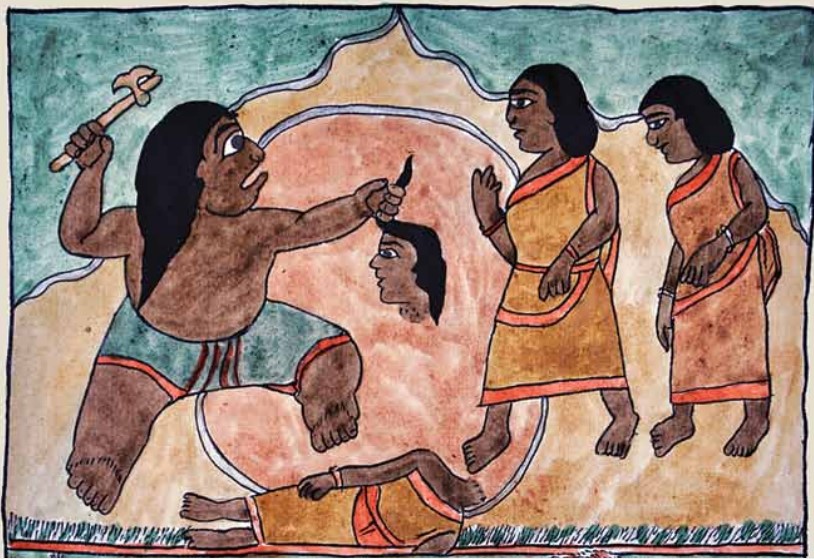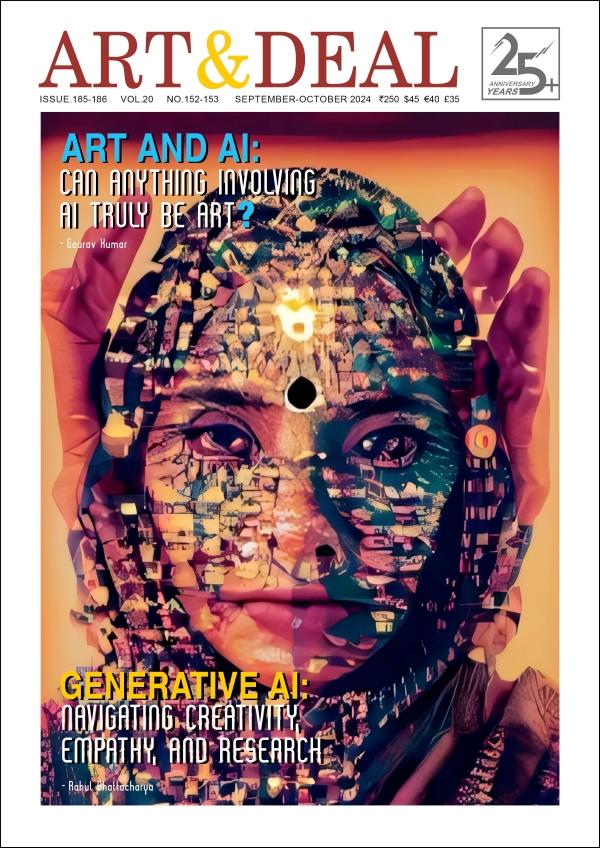READING MAY 1968, PARIS : POSTERS OF ATELIER POPULAIRE
Amit Mukhopadhyay
The Legacy:
Alain Geismar, one of the leaders of May ‘68 movement later
pointed out, the movement succeeded:
“As a social revolution , not as a political one. May’s wealth
is that there were no immediate solutions, but the movement
spread to society”
The legacy of the May 68 is an important reference point in
French politics, representing for some, May 68 meant the end
of traditional collective, for some the possibility of liberation
and for others the dangers of anarchy. But generally speaking
it meant the beginning of a new era to be dominated mainly by
the so called new social movements. 1968 was characterized
by struggles of students and workers, against work and
exploitation, against state, against class society, against
authority, against racial, sexual and gender repression, against
war, against conservatism, and conformities of ‘daily life’
.
” Alan Badiou, understood the phenomena of ’68 better when
he said:
“May’68 was an event of great complexity. It is impossible to
reduce it a conveniently unitary image heterogeneous multiplicity
that was May’68.”
Andrew Feenberg and Jim Freedman thought of May ’68 as a
kind of intra-political revolution, they said:
“(the) protesters, transformed resistance to technocratic authority
and consumer Society into a new kind of mass politics… (They)
shifted the focus of opposition from economic exploitation to
social and cultural alienation.
”
Michel Focault thought of May’68 as
“Interplay between a certain kind of non-Marxist thinking and
Marxist references to workers rights and economic reform.”
Introduction: “As the world becomes more philosophical, philosophy also
becomes worldly” Karl Marx (from his dissertation: Epicurus.)

The simultaneous nature of youth movements across the world
in the late 60’s corresponded to a generalized challenge to the
political order established after the Second World War. These
youth and particularly student movements affected different
countries in a variable manner.
One may ask how many 68’s were there? Or one may ask was
the 68 phenomenon Global or Local? We can speak of several
historical movements which became global by transcending
national, whereas, there is almost no place in the world which
did not live a “68”. But why is May 1968 France so important
and unique in history, is it only because it all started from there or there were different dynamics that lead to such near revolution in the French society? What were those dynamics that played a key role in presentingthe student movement? Jean Paul Sartre listed them as follows:


